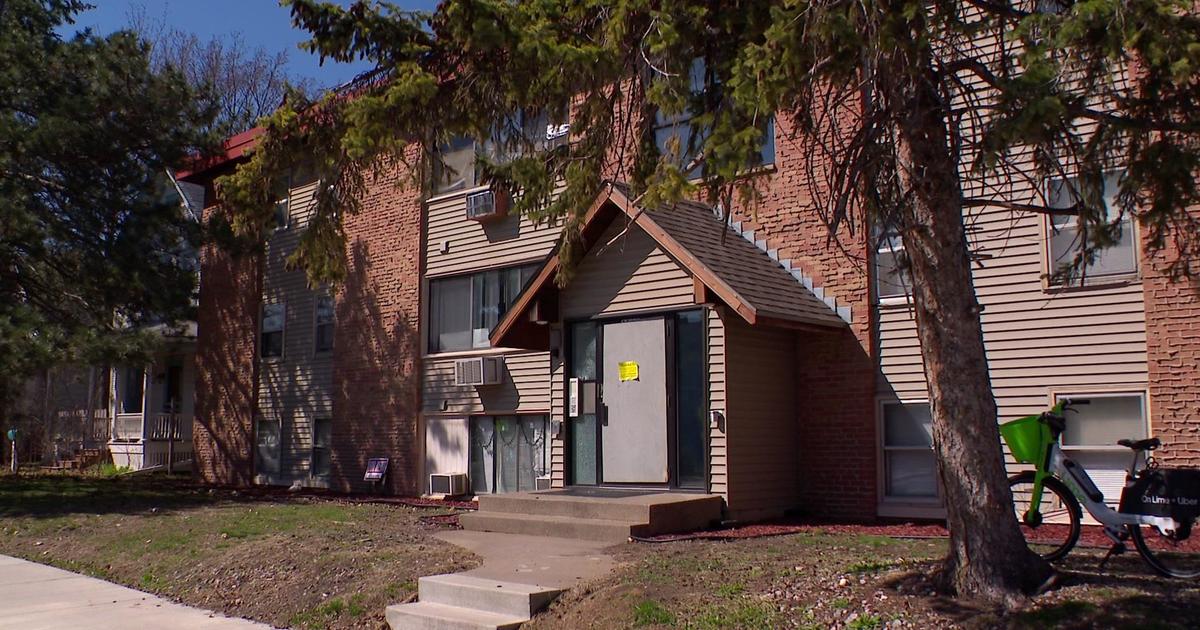Devastated Great Blue Herons Rebuild Their Colony
MINNEAPOLIS (WCCO) -- With their eyes pressed into binoculars, National Park Service rangers went on a scouting mission. In a flat-bottom river boat, they motored their way down the Mississippi River near Camden in north Minneapolis.
"They've clean up quite a bit of downed trees already," observed ranger Sharon Stiteler.
Just a few miles south of the Interstate 694 bridge, they'll boat to a tiny island that for years held a treasury of wildlife. That changed suddenly when the May 22 tornado turned this major Great Blue Heron rookery into a rotting stench of eggs, carcasses and shattered nests.
Soon after, wildlife experts began wondering how the loss of hundreds of heron chicks would affect future populations. Furthermore, where did the adult herons which had been tending to nests fly off to?
Their scouting trip down the river would quickly answer that.
"Is that one? Yes, there's another incubator," Stiteler blurted out as she spots the first sign of the heron's recovery.
To everyone's surprise, the herons are starting over -- making a new home just a couple miles downriver.
"This is fantastic, unbelievable. This is far more nests than I thought we would find here," the park ranger added.
In fact, they've counted at least 24 herons inhabiting a small island just off shore from the Xcel Energy Riverside generating station. Not only are they building new nests, they're also incubating more eggs. It's a sanctuary of habitat in a very urban setting.
Carrol Henderson is a non-game wildlife expert with the Minnesota Department of Natural Resources. He confirmed the finding and said, "This is really an encouraging sign of how birds are able to continue raising their colony nesting and raise a brood yet this year."
It's nature's way of healing from the sting of her own wounds. Still, Stiteler added that the newborn heron chicks are getting a later than normal start. They will need a good three months to fully mature before the fall migration.
"If we have a mild enough fall and they can get these chicks fat and sassy and teach them how to hunt, they have a good chance of survival," Stiteler said.
You just might call it the silver lining to what had been a very dark cloud.



